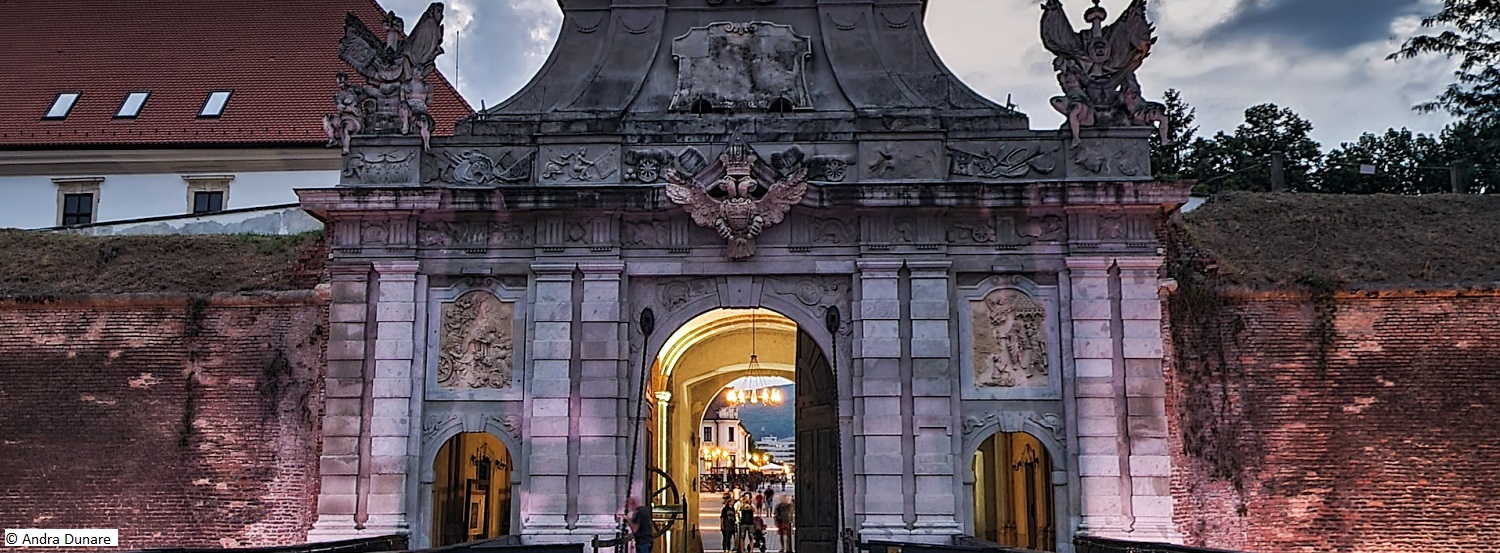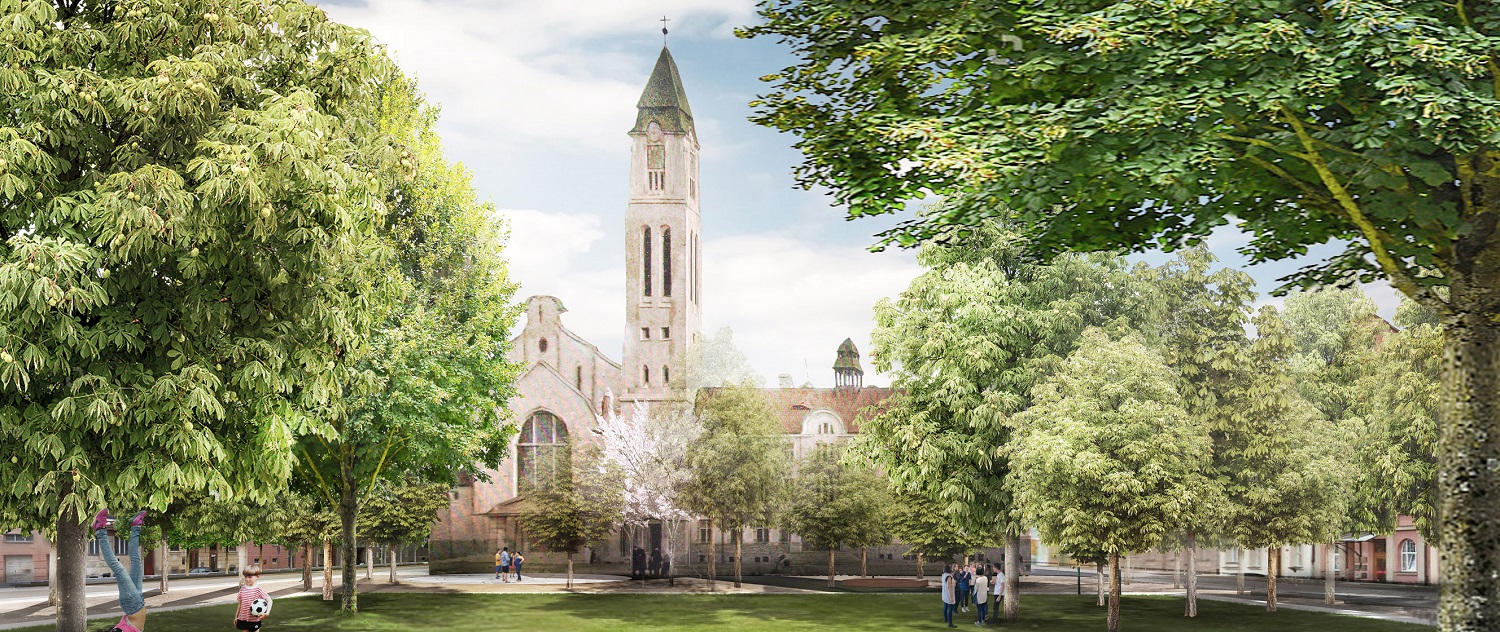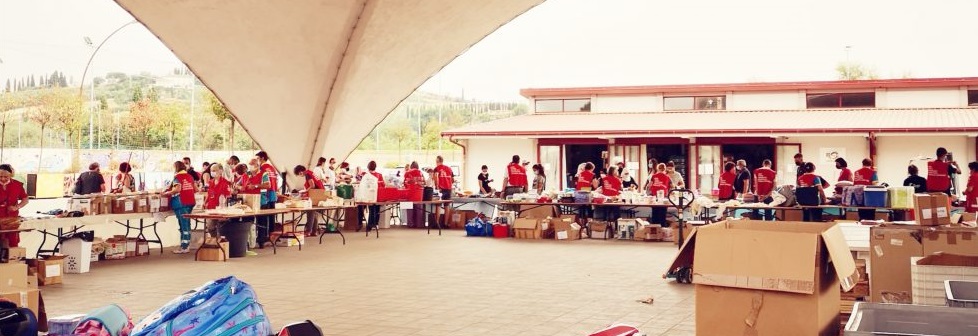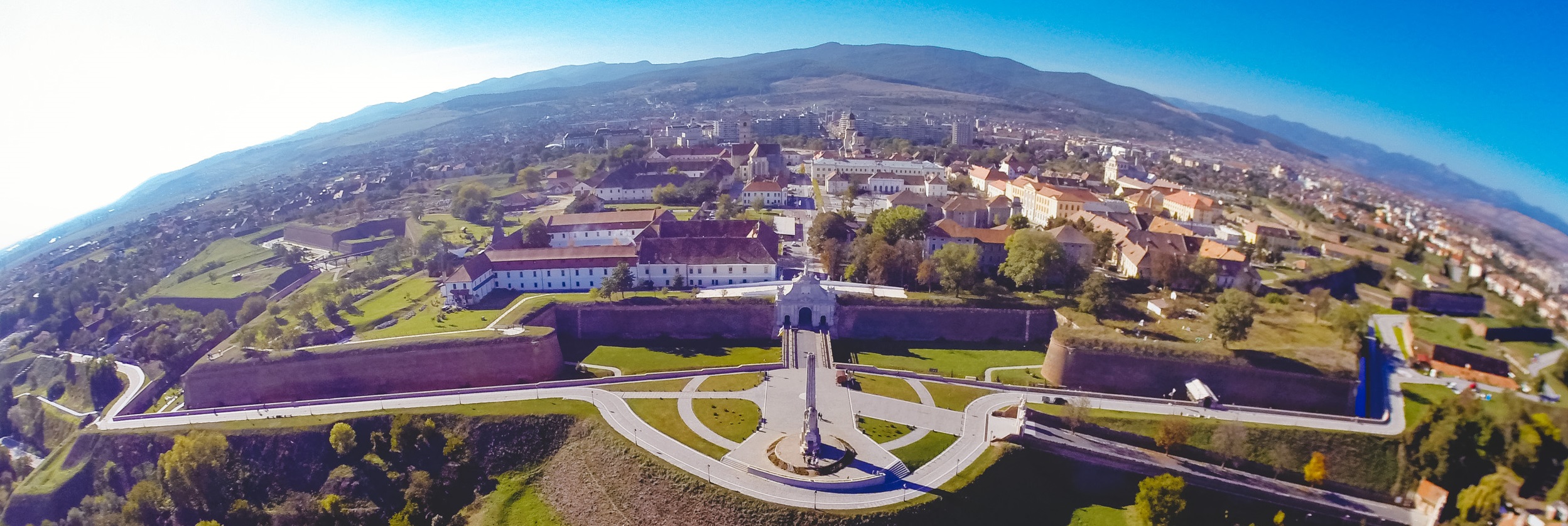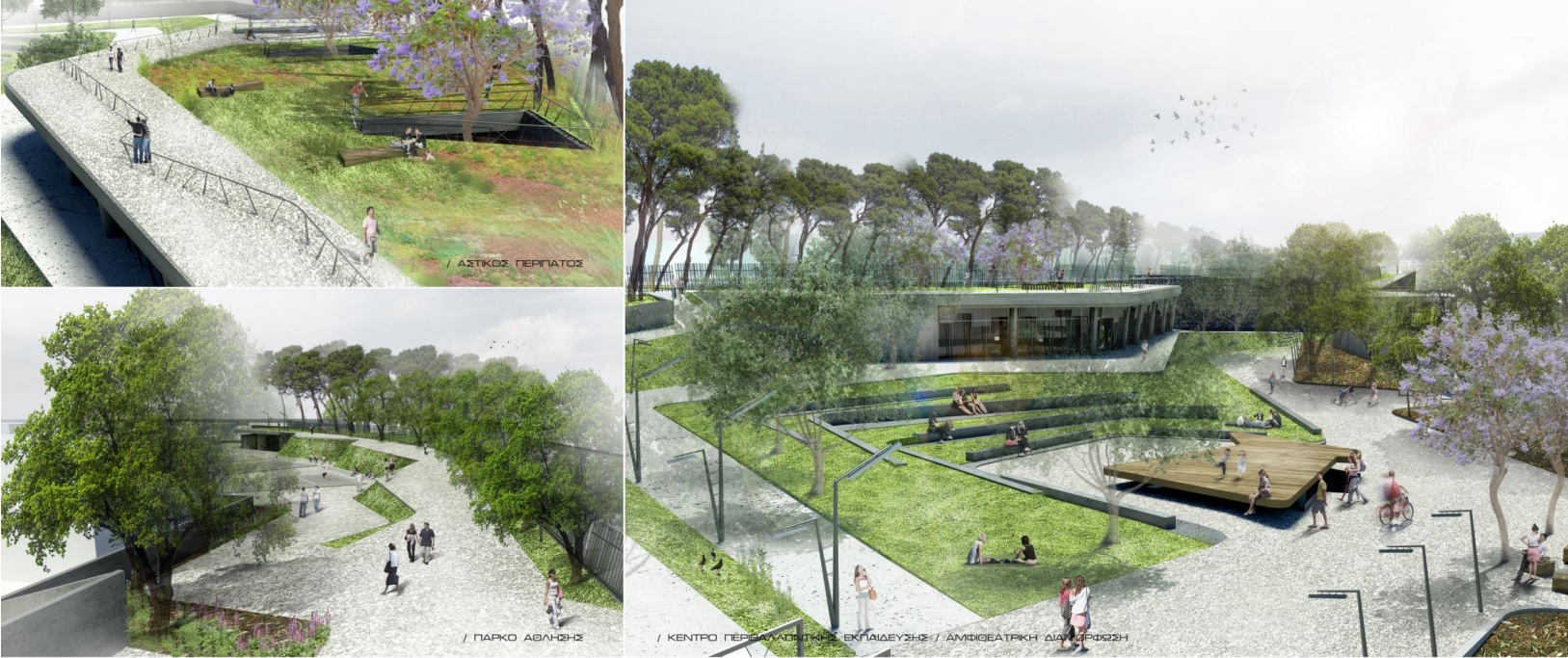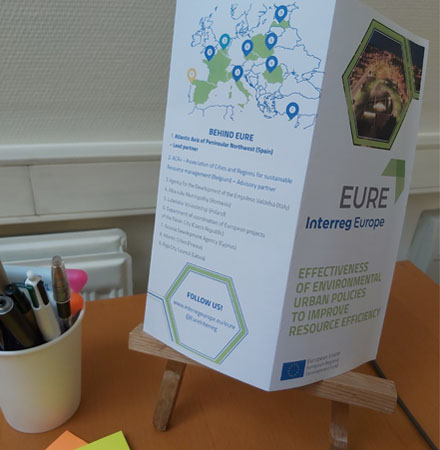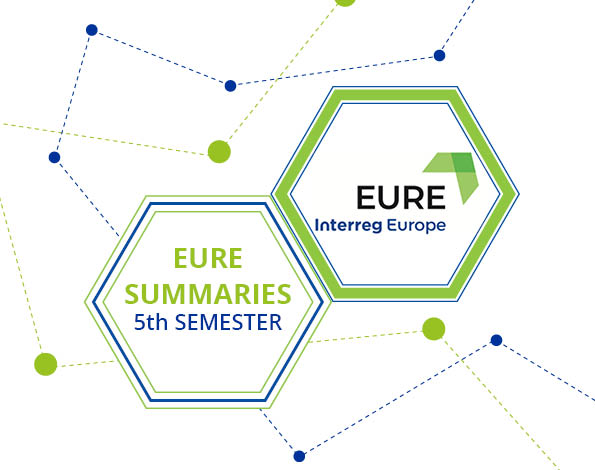In a more and more digital world, Brittany is implementing new tools and developments to stay on track. Smart cities develop solutions to manage communicative and sustainable infrastructures through connected objects. The aim of smart cities is to improve citizens’ comfort, optimize costs and organizations while respecting the environment. Every city develops its own solutions depending on its needs and aspirations.
Cities in Brittany want to be smart
In Brest, in the newly regenerated Capucins eco-neighborhood, the metropolis implemented a smart grid project. The energy is partly locally produced and circular (re-injected in the neighborhood network). The energy consumption’s data is recorded and public at any time. The Brest Smart Grid Box allows the residents to see their detailed consumption and to adapt it, if they want to.
The village of Saint-Sulpice close to Rennes decided to develop itself as a smart city in order to reduce its energetic expanses by 20% on communal buildings. A smart city in a rural area can target specific issues such as the quality of life for inhabitants and companies, bringing a new dynamism to the territory, enhancing sustainable development and reducing the functioning costs.
Rennes has a platform, 3DExperienCity, Virtual Rennes, which is an urban digital twin of the city. The idea is that it will allow to imagine tomorrow’s territory. The project launched in 2017 in partnership with Dassault Systemes has 4 main goals: anticipating digital transition for public services, federating all of the city actors, developing service and favorising local economic initiatives. As its name says, the project uses 3D modelling and the city and partners data. The platform is collaborative and is a way to test different scenarios or to visualize a new project on the cityscape and see the impacts.
In the vein, Quimper and Vannes launched their own mobile app to report issues on public space, car-park facilities, public services. The goal is to be closer to the citizens, to be able to better listen to their needs.
Promoting the participation of citizens in the governance
Governance from administrations such as city council or intermunicipality regarding sustainable urban development and participation are at stake.
BRUDED is a local network to share, capitalize and accompany sustainable development experiences between Brittany’s municipalities. The association was created in 2005 and has more than 160 members in Brittany and Loire-Atlantique. They are supported by many public services and agencies.
On a more local scale, the village of Langouët (between Rennes and Saint-Malo), thanks to the mayor's initiative and willpower, has become an environmentally friendly village: the school restaurant is 100% organic, there is a very controversial ban to use pesticides, the social economy is valued, social housing is passive, solar energy has been developed, and the municipality activated training for permaculture gardens…
In Rennes, the metropolis launched in 2016 an initiative to try direct local democracy: participatory budget. An amount of the municipality budget (€3,5 millions/year) is dedicated to its inhabitants who can vote for their favorite projects to be implemented. It allows local citizens to take a bigger part in the city life.
If you missed the previous episodes of "Discovering Brittany’s challenges", take a look at:
- the first episode on air pollution;
- the second episode on noise pollution;
- the third episode on social inclusion;
- the fourth episode on climate change.
If you want to know more about urban challenges addressed by Brittany within EURE and be involved in the local activities, contact the French partner, Atlantic Cities.



